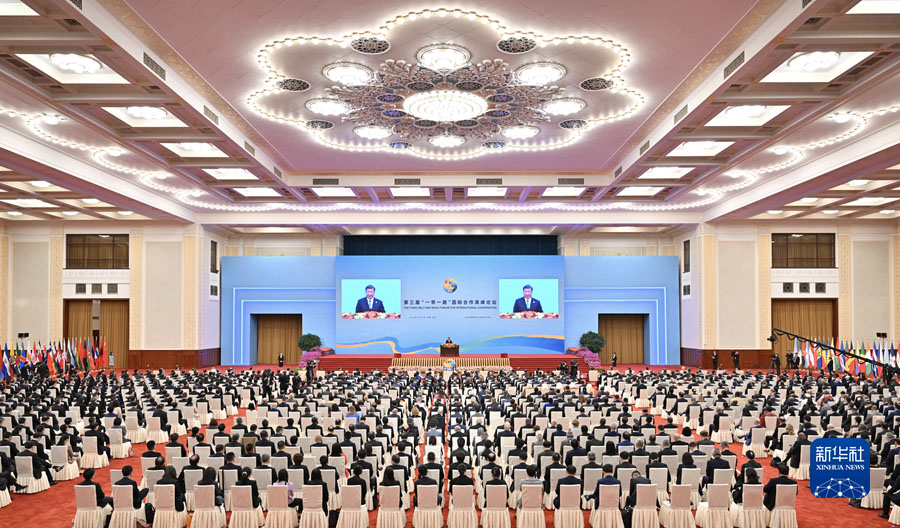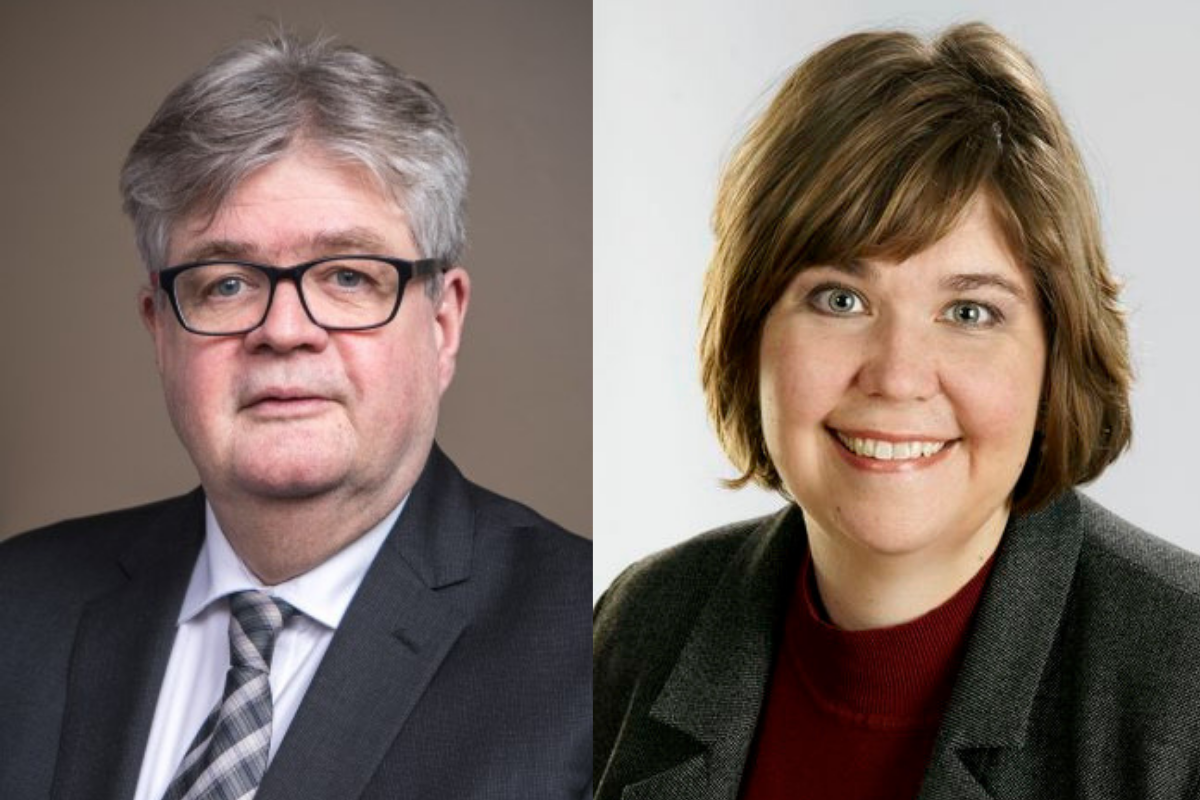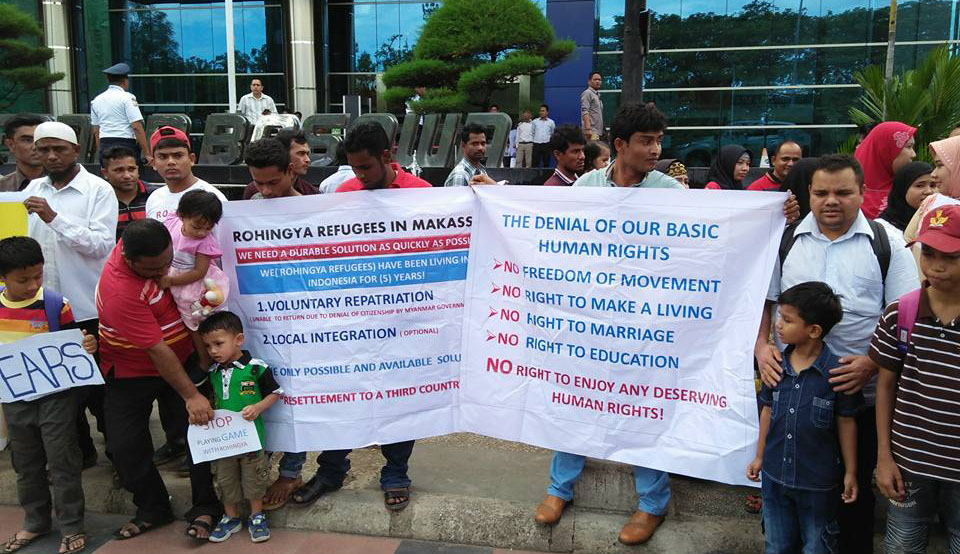
Language as a Passport: Hope for the Rohingya Refugee Crisis
One million Rohingya are stranded in dire refugee camps in Cox Bazaar, Bangladesh. This grim reality represents the open wound of generational persecution and genocide by the People of Myanmar’s Military. As suffering in the refugee camps continues, the majority within its borders remain stateless while those inside Myanmar languish in displacement camps.
“They labelled me as an illegal immigrant by giving me a white card, which denies most of my human rights. I can’t even travel to another city. Even if I want to stay at a relative’s house next to my home, I would need permission from the authorities,” says John Jonaid, a Rohingya activist who left Myanmar during the massacre in 2013 which continues to this day.
“Growing up in Myanmar, I never felt at home, constantly reminded that I was an outsider due to the brutal military, discrimination, and persecution I faced. We were isolated from the rest of Myanmar and the world. I had never experienced freedom until I arrived in Canada.” He adds.
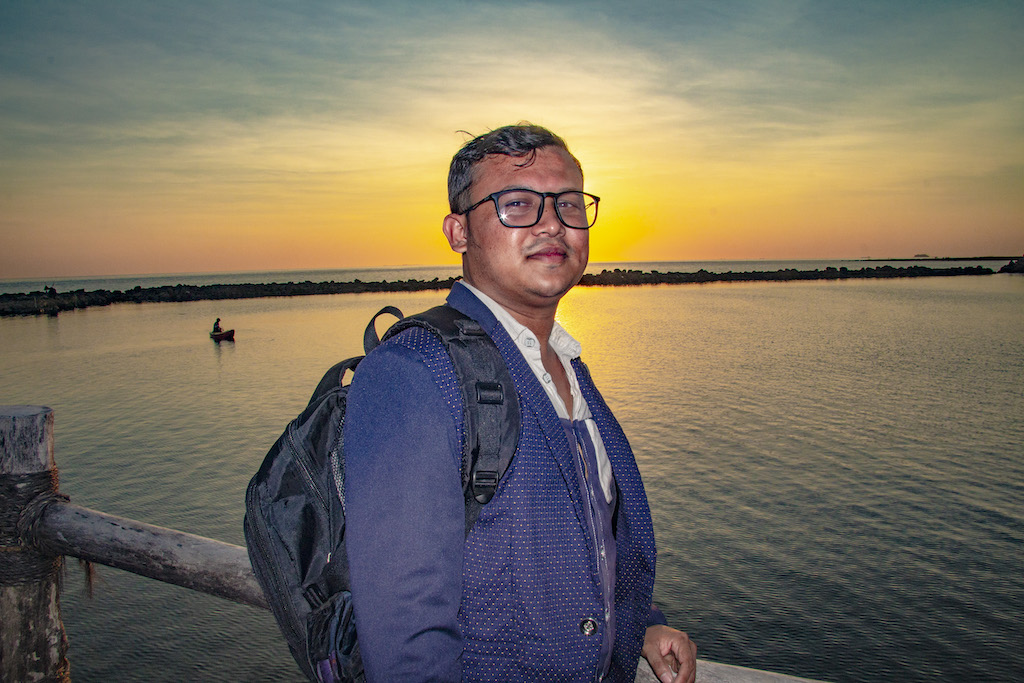
The Rohingya are an ethnic minority from Rakhine State which have been well-established in Myanmar since the fifteenth century. However, the military incorrectly believes that the Rohingya are related to groups that moved from India during British colonialism, whose migration is now considered illegal.
The military legalized their prejudice in the 1982 Citizenship Act which robbed the Rohingya of their citizenship rights. The Rohingya are now stateless people on their homeland and suffer discrimination and persecution. In addition to extreme violence, the Rohingya are subject to restrictions on marriage, family planning, education and freedom of movement.
As the killing of the Rohingya escalated, John had no choice but to flee Myanmar after years of hiding from the People of Myanmar’s Military and receiving news of murdered friends and family. Language became his passport as he crossed eight borders without citizenship.
To avoid refugee camps, John moved to India and China. Before entering India, John interacted with Indians in border cities to learn their language and culture to avoid the detection of his identity. This is a skill he emulated in China and Southern Myanmar to survive. However, each place had a high risk of arrest and imprisonment which led John to seek refuge in Australia. He was nearly shot before being arrested on his way to Australia and sent to Indonesia.
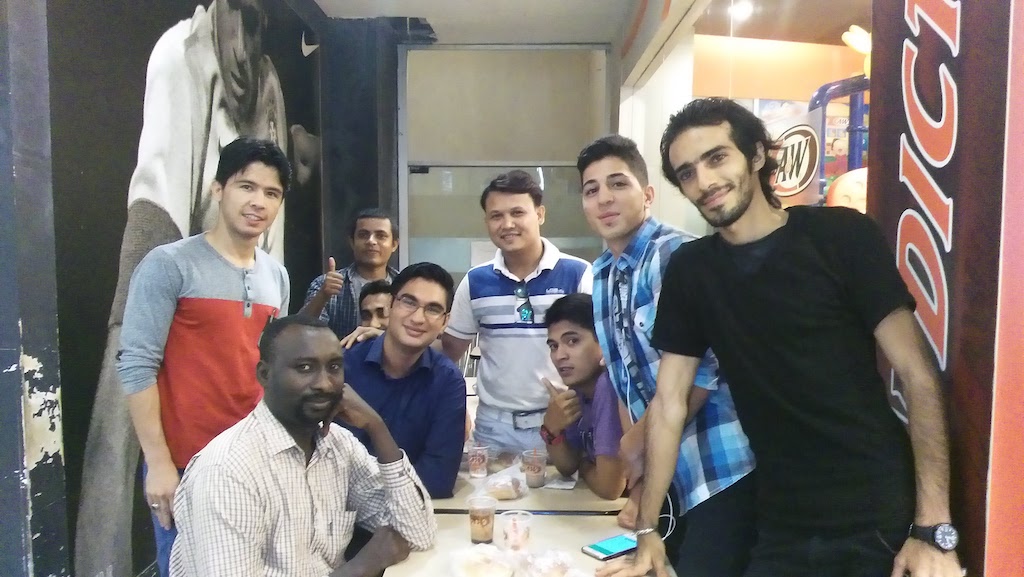
John’s time in Indonesia was deafened by the entrapping buzz of electric fences and detention centres which treated him as a criminal despite the atrocities committed against him. While news of suicides became a regular occurrence, John’s fellow refugees were beaten to death by locals and immigration officers. John asked himself, “Am I really a human being? Why am I being treated like less than a human? How come people don’t understand that refugees are suffering?”
Out of his frustration, John began to speak to journalists and Indonesian media in 2015. However, they often avoided writing about the real problems or misinformed their readers. Despite the risk to his safety, John reclaimed his voice when he learned to write in English and published several articles in Al Jazeera, BBC and CBC.
“I was arrested three times just because I was speaking for the Refugees. By the end of 2021, they give me only two options; to be sent to prison forever or be deported back to Myanmar,” recounts John. However, returning to Myanmar was not an option as the military operation escalated in Rakhine state.
Since 2017, the military launched genocidal clearance operations targeting the Rohingya. This led to the destruction of several villages and the deaths of 9,000 Rohingya. Meanwhile, 919,000 survivors fled to the Cox Bazaar refugee camp in Bangladesh which became the largest in the world. With limited access to health care and food, many currently face death while they remain uncertain about their future.
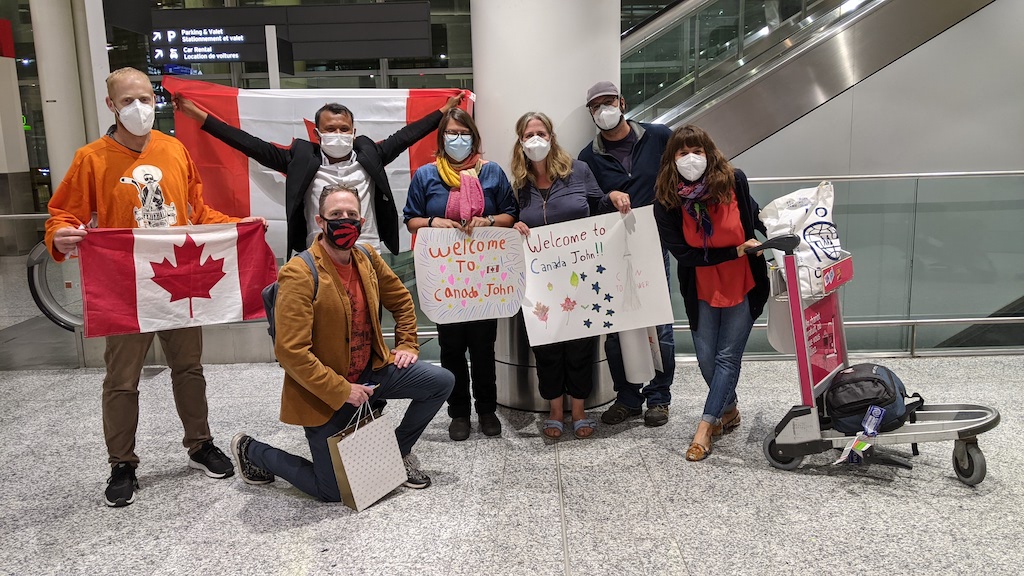
However, John was amidst this tragic reality when a Canadian family came across his story and extended an offer to sponsor him for resettlement in 2021. Since arriving in Canada, John committed his life to advocating for refugee rights. In early 2023, he received a fellowship from the Parliamentary Centre, recognizing him as a democratic leader championing inclusivity in Myanmar. He actively promotes democracy and human rights within Myanmar.
John’s story is a vivid example of the survival of the Rohingya amidst persecution. His narrative highlights the opportunites available when refugees can access freedom in a country like Canada. As a global leader in humanitarian efforts, Canada is well positioned to assist in the Rohingya crisis, as it has demonstrated in its response towards Ukrainian and Syrian refugees.
Role of Canada
Despite the atrocities committed against the Rohingya, it is seldom mentioned in Western media. The suggestion and development of a Rohingya resettlement policy is even less present. In Rakhine State, there are no media outlets and locals do not have access to the necessary information to understand, advocate or educate on the Rohingya crisis. As a result, the international community is the one who must provide leadership to save the Rohingya.
Despite being the first country to resettle the Rohingya, this pattern has not continued in Canada. For example, from 2006-2010 only 300 Rohingya arrived in Canada. With the eighth largest economy in the world and refugee-friendly policies, Canada is uniquely positioned to resettle refugees. Should Canada embrace its legacy of Rohingya resettlement in its current policies, it could inspire other nations to follow suit.
Resettlement would also provide education to a new generation of Rohingya. Many Rohingya are trapped in Bangladesh surrounded by poverty and the memories of murdered family members. This is a fate with little hope. Therefore, resettlement programs would give children access to education, equip them to advocate for their rights and contribute to Myanmar’s nation-building efforts.
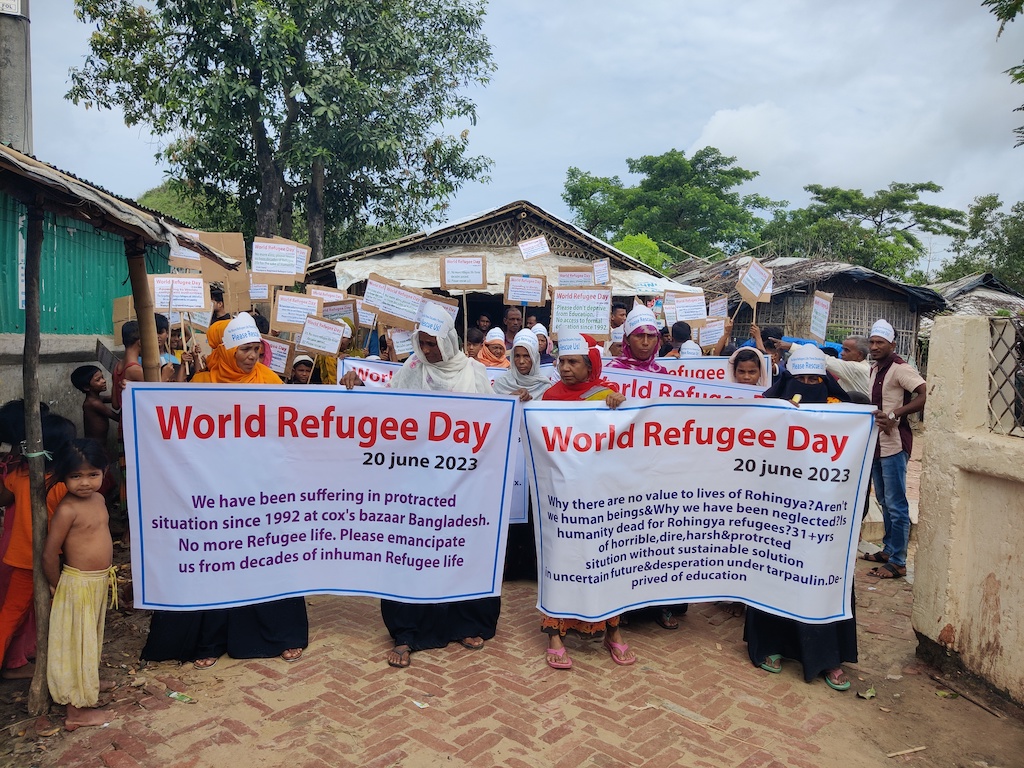
Additionally, Canada also has the opportunity to make a profound impact with the opportunity to support the National Unity Government (NUG), a development after the February 2021 coup. The NUG government is a beacon of hope the people of Myanmar can unite behind to welcome freedom back into the country. Formed by elected representatives and political leaders, the interim government is dedicated to the restoration of democracy and opposes the military coup. Primarily, the NUG values the devolution of authority, minority protection of groups including the Rohingya, and rule of law and human rights. They recognize the Rohingya as citizens of Myanmar and vow to return them to their rightful homeland in Rakhine State. Furthermore, they also recently appointed a Rohingya deputy minister.
However, their vision is only possible if the military loses its power. The NUG government seeks international support to overthrow the military dictatorship and establish a federal union. According to John, “This can be our best opportunity to finally call Myanmar our home. But we are fighting a regime that has a long history of suppressing opposition. We therefore need practical support from the international community, especially Canada as it has the potential to resolve crises like ours.”
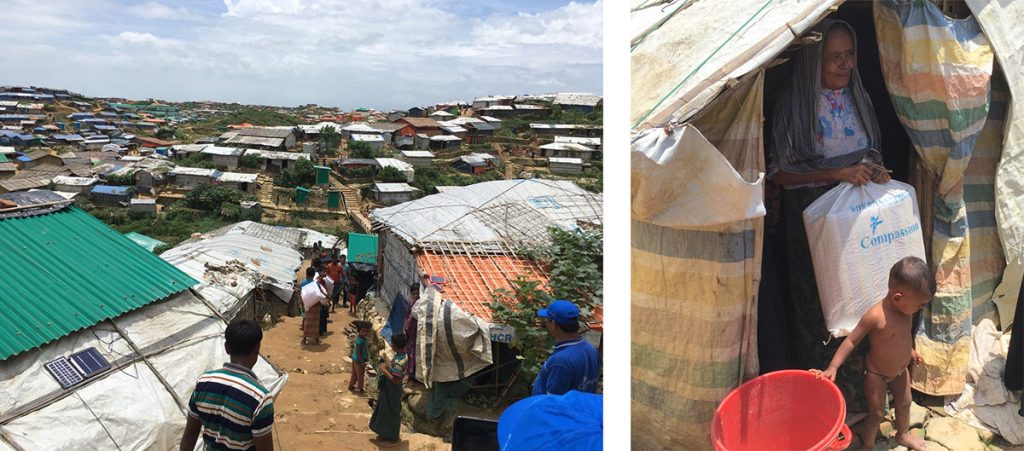
Furthermore, many refugees stranded in the Cox Bazaar Rohingya refugee camp are susceptible to a variety of health and safety risks. With increased humanitarian aid, Canada can help improve the quality of life in the refugee camp and use its diplomatic influence to pressure the Myanmar government to end the persecution of the Rohingya. This must include a safe return to their rightful homeland through citizenship to end the cycle of violence.
During John’s time in an immigration detention centre, he was haunted by memories of his family and thoughts of what his life could look like without such injustice. Along with many refugees, John has witnessed a profound evil which corrupts and destroys. Yet, he still has hope that goodness exists in the world. With greater involvement from the international community and people who care and want to listen, a future defined by justice, freedom and reconciliation can be built for all the people of Myanmar. According to John, “In the depths of adversity, I’ve learned that hope and resilience can reshape even the harshest realities. My journey showed me the power of compassion and unity to create change. I’m dedicated to giving voice to the silenced and believe that together, we can forge a future where justice and freedom prevail for all in Myanmar.”


